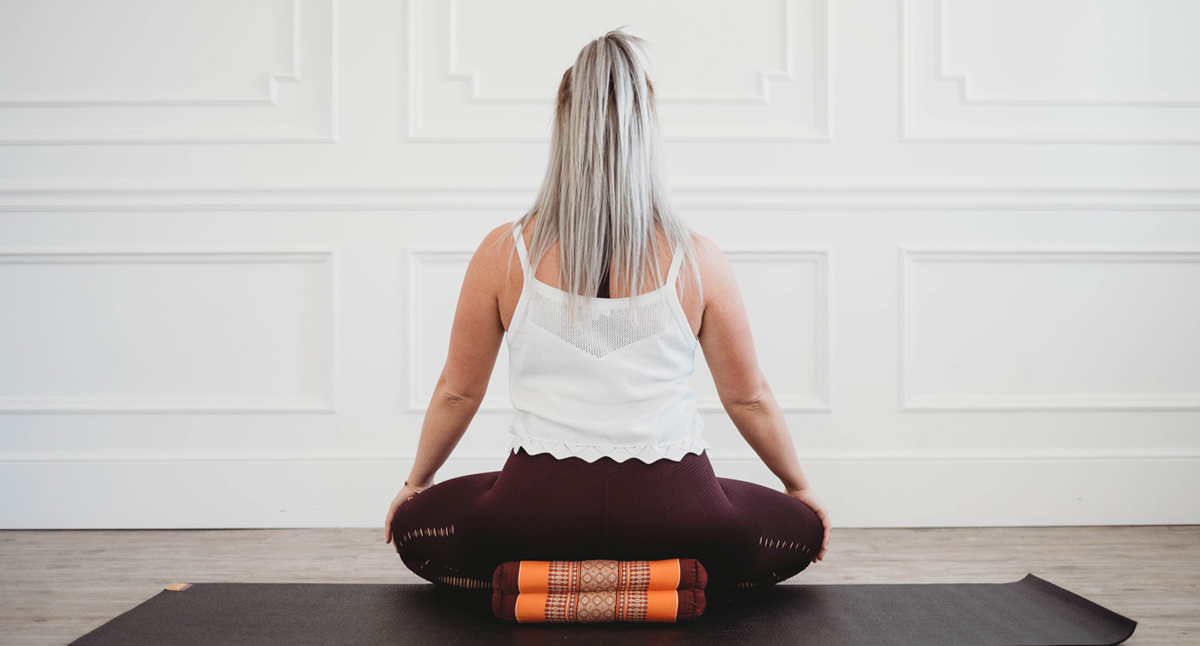
If I had to pick just one quality that separates a good yoga teacher from a great one, it would be humility. Of course there are other important qualities too: knowledge, education, committed practice, integrity, honesty, kindness, discernment, in addition to many more. But in a very real way, humility opens the door to all these qualities.
“Gaining maturity in yoga practice involves learning to respect the paths that other people are on and acknowledging their merits, maybe even acknowledging that your own path is lacking in some area where another one excels.” ~ Geeta S. Iyengar
The Wisdom of Not Knowing
Without humility in yoga practice, there’s little desire to learn. When we think we are knowledgeable, we tend to hold fast to principles that may or may not actually be sound. We can easily get stuck in a rut. Suzuki Roshi famously said, “In the beginner’s mind there are many possibilities. In the expert’s mind there are few.” When we are confident of the rightness of our knowledge and methods, there’s little room for questioning the efficacy of what we’re dispensing. When we approach practice with curiosity and humility, we open ourselves to new insights.
Early in my teaching practice I was far more confident of what I thought I knew. I dispensed instructions I’d heard and practiced without really thinking about how these “proper” alignment techniques actually meshed with how human skeletal structures are built. It wasn’t until I was sufficiently humbled by my practice that I could begin to question the instructions I’d set in stone.
Open-minded exploration, fueled by humility in yoga practice, allowed me to look deeper. I’ve abandoned much of what I taught in those early years, and I’m well aware that I may someday abandon the instructions and practices I now favor. As Gandhi said, “I’m committed to truth, not to consistency.”
Practice Isn’t the Same as Performance
Humility in yoga practice inspires us to explore with an open mind. It allows us to remember that practice is just that: practice. It is not about distinguishing ourselves by performing virtuosic postures. Understanding yoga as practice—rather than performance—keeps it fresh. When we understand that our practice is an ever-evolving process rather than a pathway to a static goal, we can be present with it as it changes and deepens.
Looking Inside Cultivates Humility in Yoga Practice
Humility calls upon us to question ourselves, our motives and actions. In this way, it teaches integrity and honesty. Meditation requires humility. When we look inward and observe the workings of our minds, we don’t always like what we see. In fact, our mind stuff can be downright infuriating, irritating and humiliating. It takes great courage and humility to look deeply and own up to what we see. But the rewards are great: the cultivation of honesty, integrity, kindness and discernment.
My favorite part of Geeta Iyengar’s quote is her interpretation of mature practice. When practice matures, we are open to acknowledging what works and what doesn’t in our favored practices, and respectful of practices that don’t look like ours. There’s no one-size-fits-all yoga practice. Nor is there any one-size-fits-all philosophy. Humility in yoga practice shows us that our own practice is no “better” than someone else’s. It simply fits who we are—at least in this moment.
This open-mindedness—born of humility—that understands the changing nature of our own minds and bodies, and that of everyone else’s minds and bodies contains the seeds of peace.
